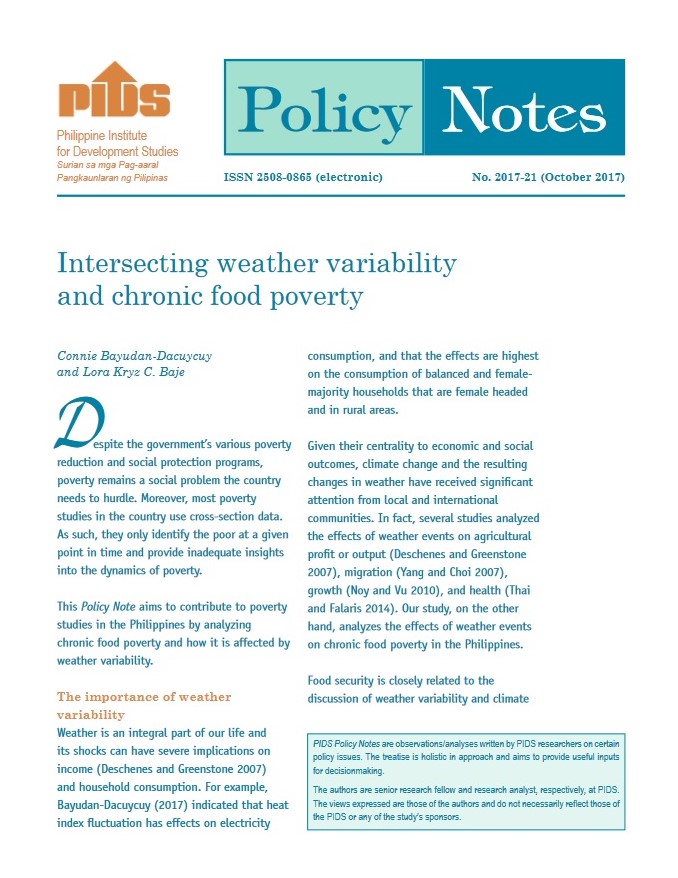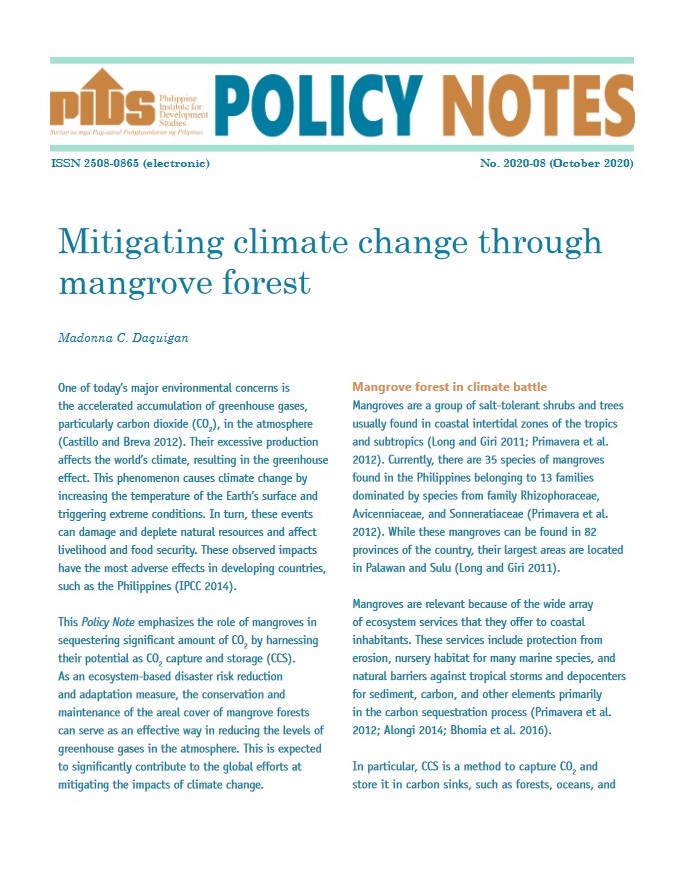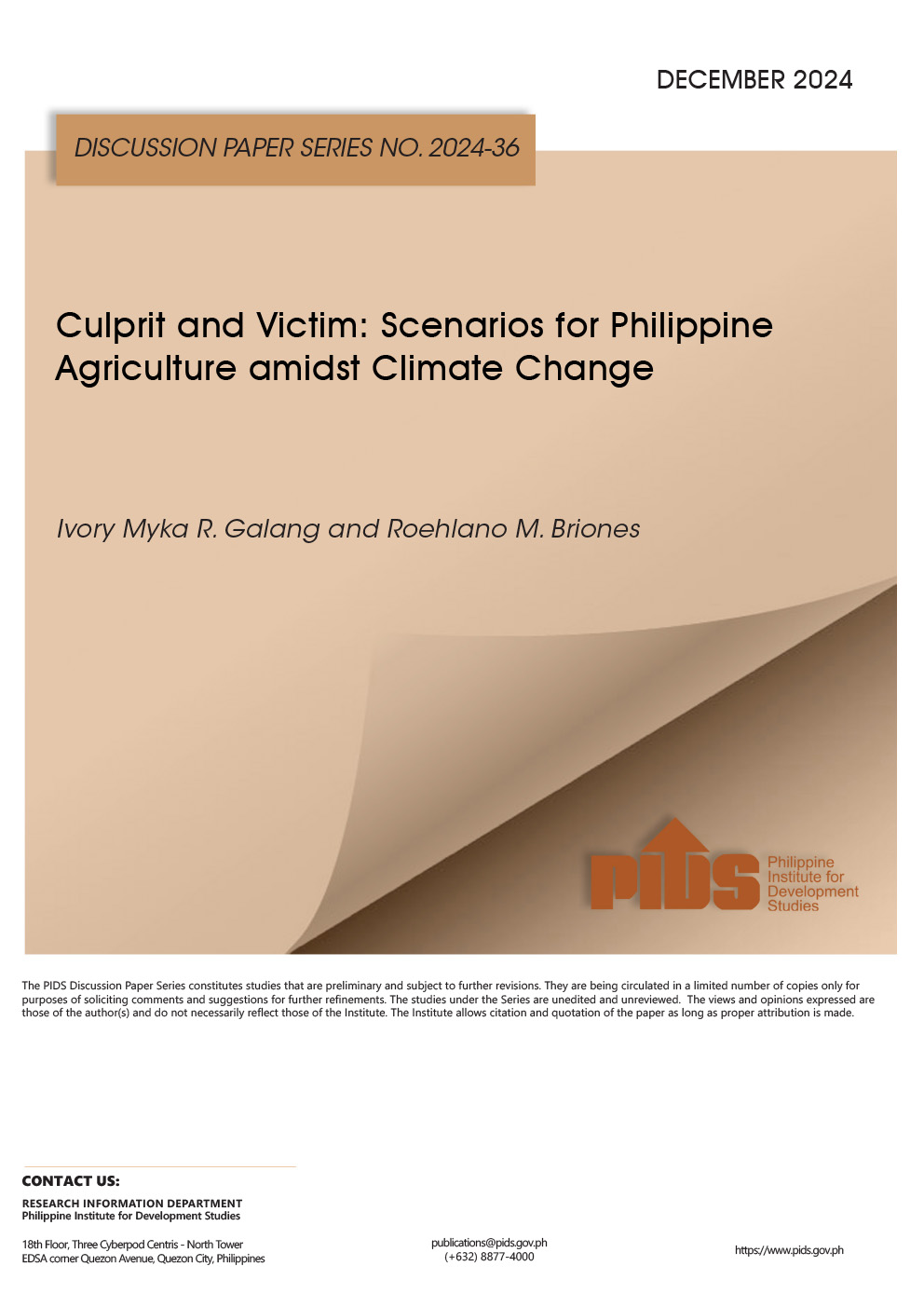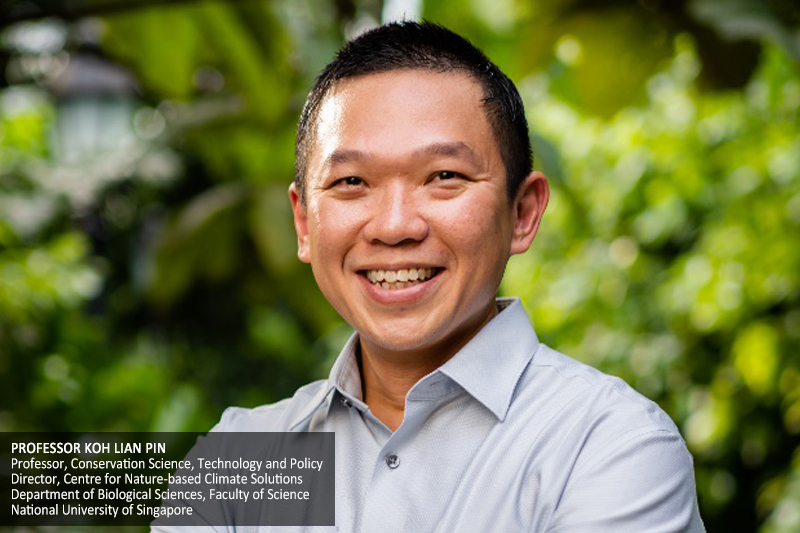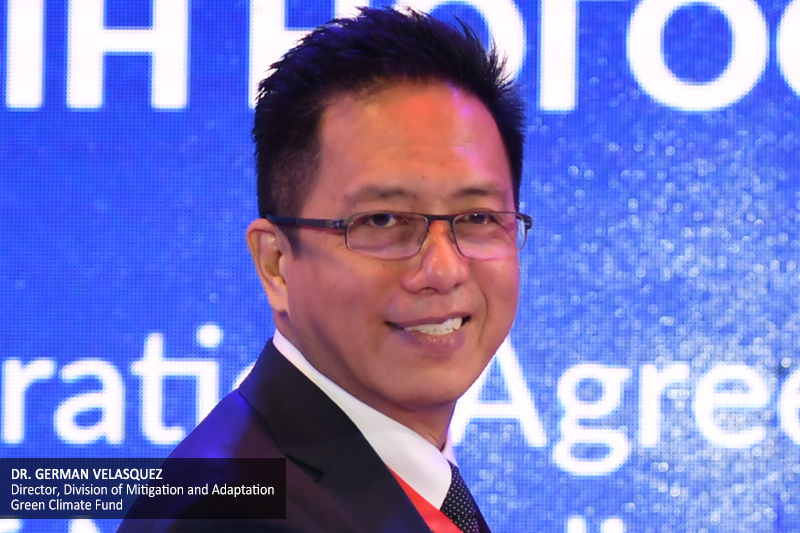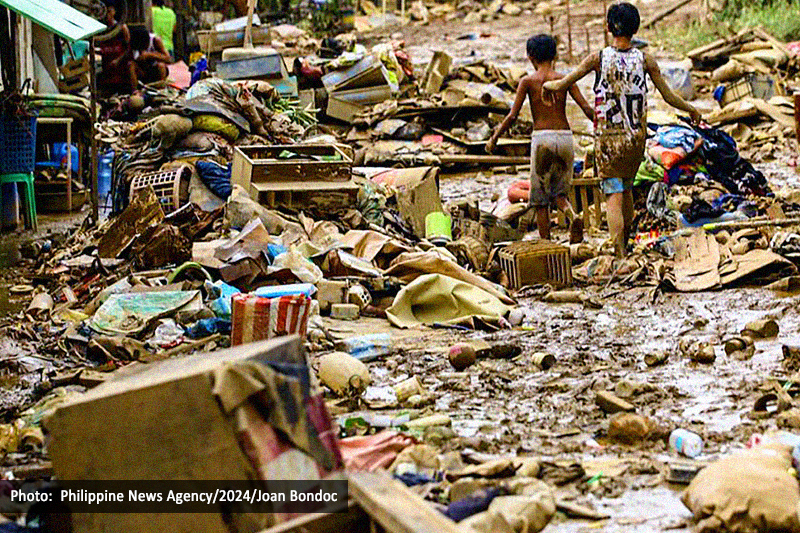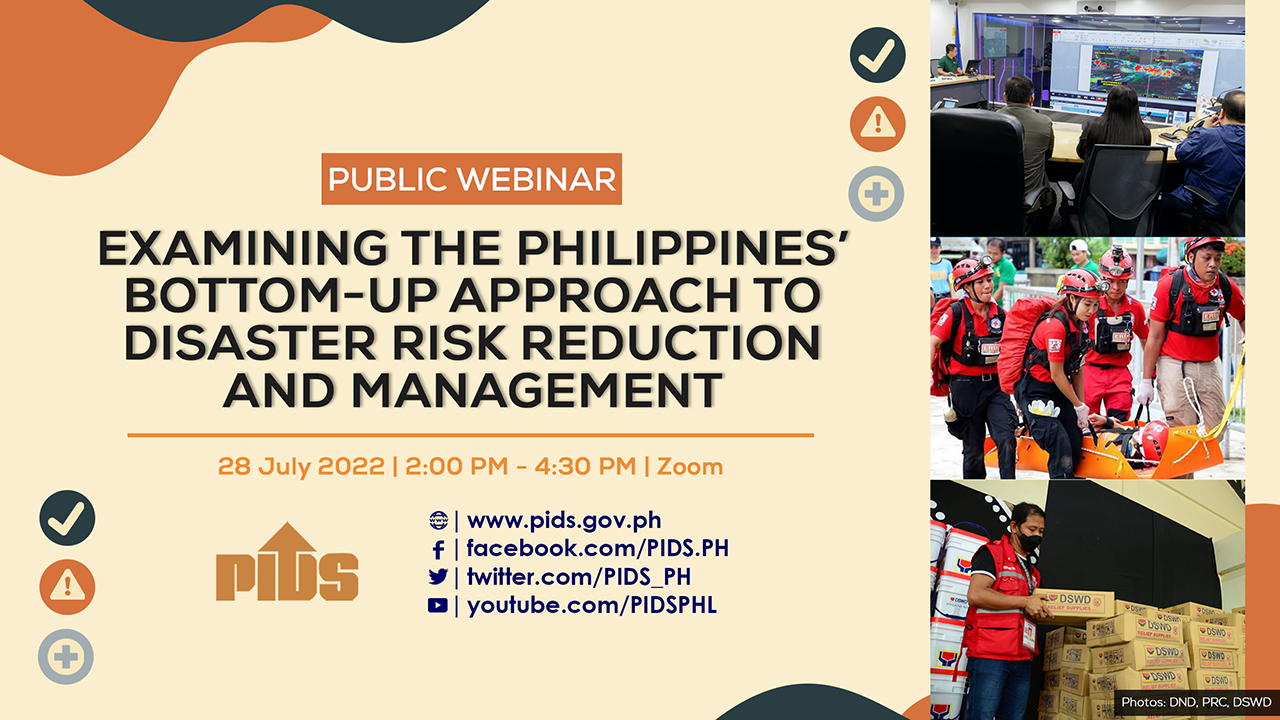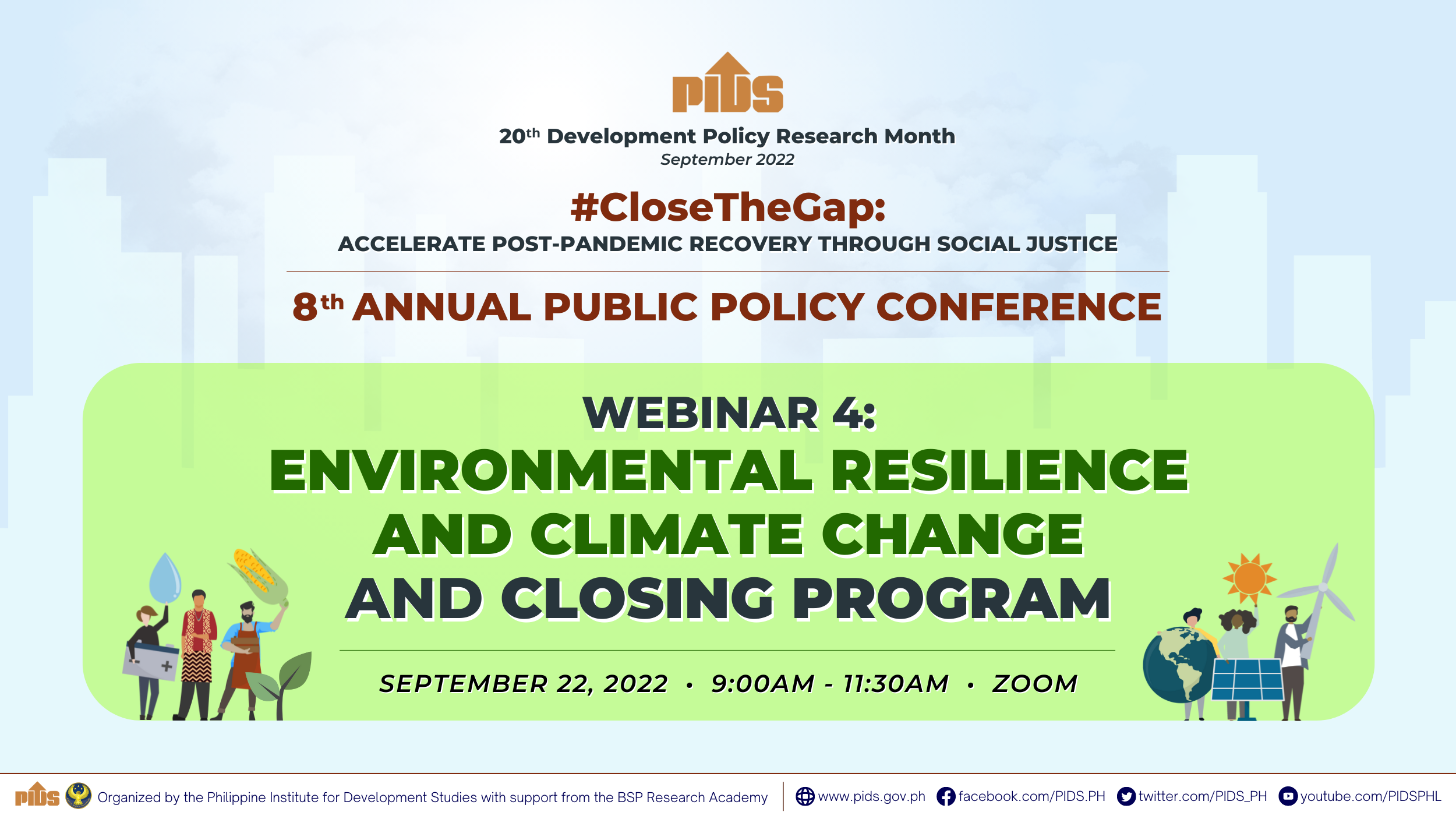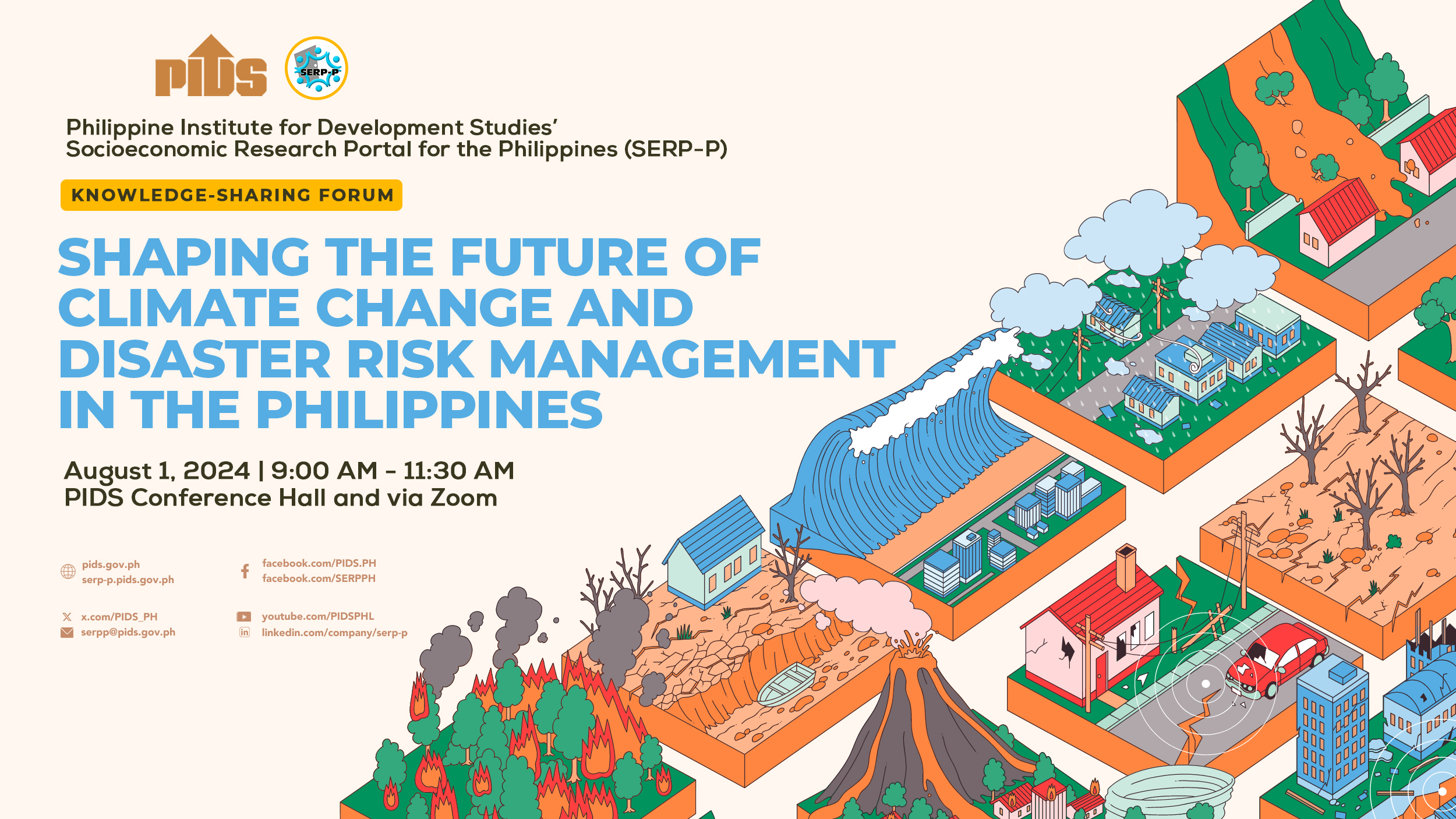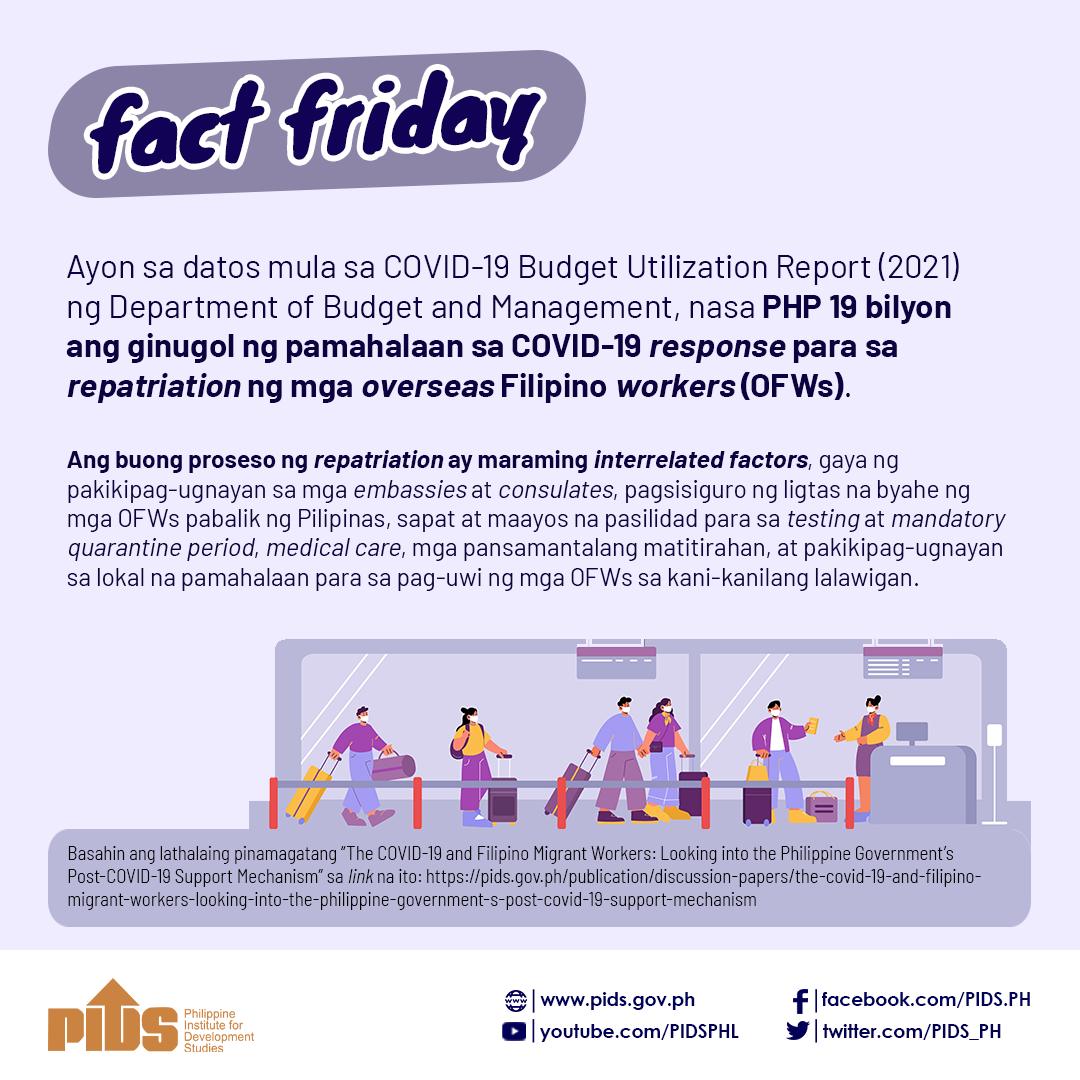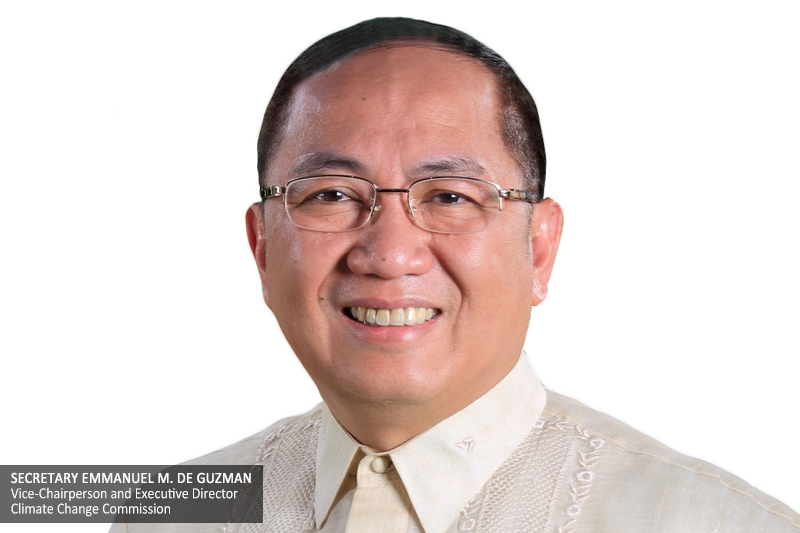
“The pandemic is not the only threat we face today. Climate change is a much bigger threat that has already taken so much away from us. And it will continue to do so, killing our people, destroying our environment, and bringing our cities and communities into ruin if we allow it to maintain its present trajectory.”
This is according to Secretary Emmanuel M. De Guzman, vice-chairperson and executive director of the Climate Change Commission, during the third of the four-part webinar series of the 7th Annual Public Policy Conference (APPC).
De Guzman explained that the ongoing health crisis has exposed the vulnerabilities of different sectors and triggered a “domino effect” that destabilized the interconnected system of human health, the environment, and economic stability.
Citing the Intergovernmental Panel on Climate Change assessment report, De Guzman said that the “observed climatic changes are unprecedented”. It also showed that the temperatures are higher than what has been in the last 125,000 years.
The report also enumerated the devastating effects of climate change that are irreversible.
“Every home washed away by rampaging floodwaters, every forest that goes up in smoke due to ever drier and ever hotter conditions, every life that is lost due to disaster—these are all part of the inventory of sufferings due to the world's warming by 1.1 degrees Celsius,” De Guzman said.
He stressed that addressing climate change issues requires “long-term thinking and planning, along with drastic and urgent action for transformation”.
According to De Guzman, all stakeholders must recognize the relevance of research and development while fusing scientific knowledge, innovation, and policymaking. He also emphasized the need to “protect the gains we have achieved so far, while averting disasters, safeguarding jobs and incomes, enhancing food supply, promoting environmental sustainability, and combating poverty”.
Through science, De Guzman explained that cities will be planned better, farmers and fisherfolk will be more adequately supported, people will live in a healthier and safer environment, and the country’s economic growth will be inclusive.
“In responding to the health, climate, and environmental crisis, our actions should not restore the vulnerabilities we had before, more so, engender new risks. We must rebuild our communities to become ever more adaptive and resilient to climate change and disasters,” he said.
In closing, De Guzman urged all key stakeholders, the national government agencies, local government units, the private sector, and civil society to collaborate in pursuing a climate-resilient and sustainable pandemic recovery for the country.
“The only way forward is to heed the science and make decisive actions toward staging a recovery that will pave the way for a better life for the Filipino people—one that will ensure a healthier, greener, and safer future for generations that will come after us,” he said.
The APPC is the main and culminating activity of the Development Policy Research Month celebration led by the Philippine Institute for Development Studies every September. This year’s theme is “Reset and Rebuild for a Better Philippines in the Post-Pandemic World”, or in Filipino, “Muling Magsimula at Magtayo Tungo sa Mas Matatag na Pilipinas Pagkatapos ng Pandemya”. ###
Watch the video of this seminar at https://fb.watch/8KiCFqtav8/ or https://www.youtube.com/watch?v=XeSs56RdRLE. For more videos of PIDS events, go to https://www.pids.gov.ph/videos.
This is according to Secretary Emmanuel M. De Guzman, vice-chairperson and executive director of the Climate Change Commission, during the third of the four-part webinar series of the 7th Annual Public Policy Conference (APPC).
De Guzman explained that the ongoing health crisis has exposed the vulnerabilities of different sectors and triggered a “domino effect” that destabilized the interconnected system of human health, the environment, and economic stability.
Citing the Intergovernmental Panel on Climate Change assessment report, De Guzman said that the “observed climatic changes are unprecedented”. It also showed that the temperatures are higher than what has been in the last 125,000 years.
The report also enumerated the devastating effects of climate change that are irreversible.
“Every home washed away by rampaging floodwaters, every forest that goes up in smoke due to ever drier and ever hotter conditions, every life that is lost due to disaster—these are all part of the inventory of sufferings due to the world's warming by 1.1 degrees Celsius,” De Guzman said.
He stressed that addressing climate change issues requires “long-term thinking and planning, along with drastic and urgent action for transformation”.
According to De Guzman, all stakeholders must recognize the relevance of research and development while fusing scientific knowledge, innovation, and policymaking. He also emphasized the need to “protect the gains we have achieved so far, while averting disasters, safeguarding jobs and incomes, enhancing food supply, promoting environmental sustainability, and combating poverty”.
Through science, De Guzman explained that cities will be planned better, farmers and fisherfolk will be more adequately supported, people will live in a healthier and safer environment, and the country’s economic growth will be inclusive.
“In responding to the health, climate, and environmental crisis, our actions should not restore the vulnerabilities we had before, more so, engender new risks. We must rebuild our communities to become ever more adaptive and resilient to climate change and disasters,” he said.
In closing, De Guzman urged all key stakeholders, the national government agencies, local government units, the private sector, and civil society to collaborate in pursuing a climate-resilient and sustainable pandemic recovery for the country.
“The only way forward is to heed the science and make decisive actions toward staging a recovery that will pave the way for a better life for the Filipino people—one that will ensure a healthier, greener, and safer future for generations that will come after us,” he said.
The APPC is the main and culminating activity of the Development Policy Research Month celebration led by the Philippine Institute for Development Studies every September. This year’s theme is “Reset and Rebuild for a Better Philippines in the Post-Pandemic World”, or in Filipino, “Muling Magsimula at Magtayo Tungo sa Mas Matatag na Pilipinas Pagkatapos ng Pandemya”. ###
Watch the video of this seminar at https://fb.watch/8KiCFqtav8/ or https://www.youtube.com/watch?v=XeSs56RdRLE. For more videos of PIDS events, go to https://www.pids.gov.ph/videos.

